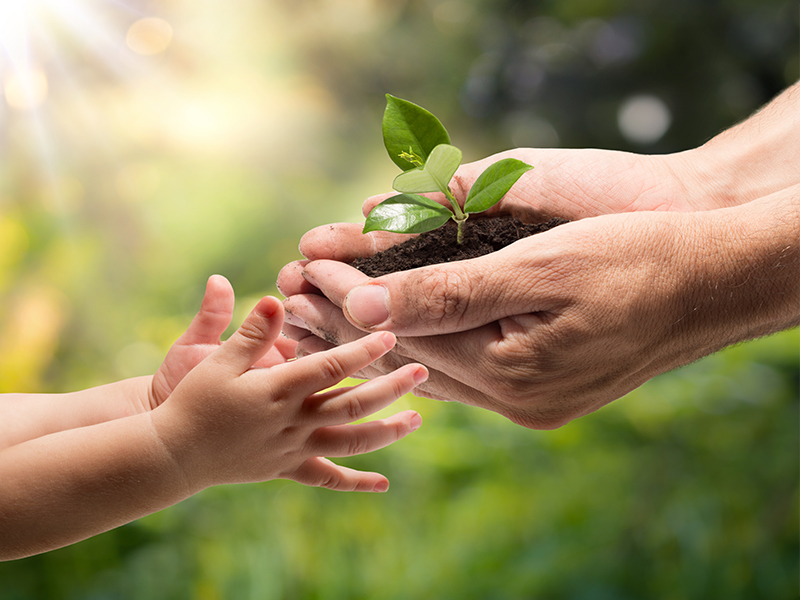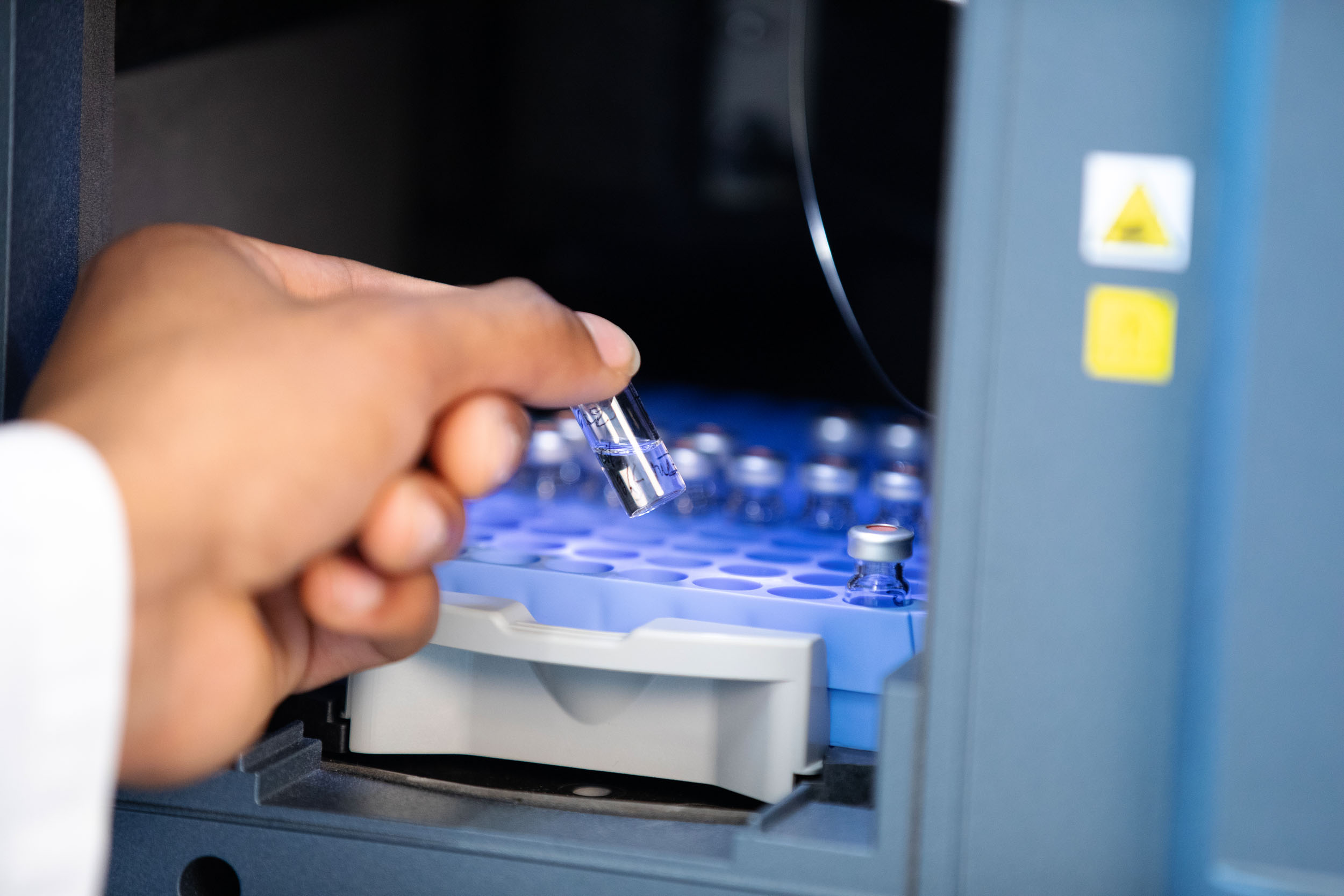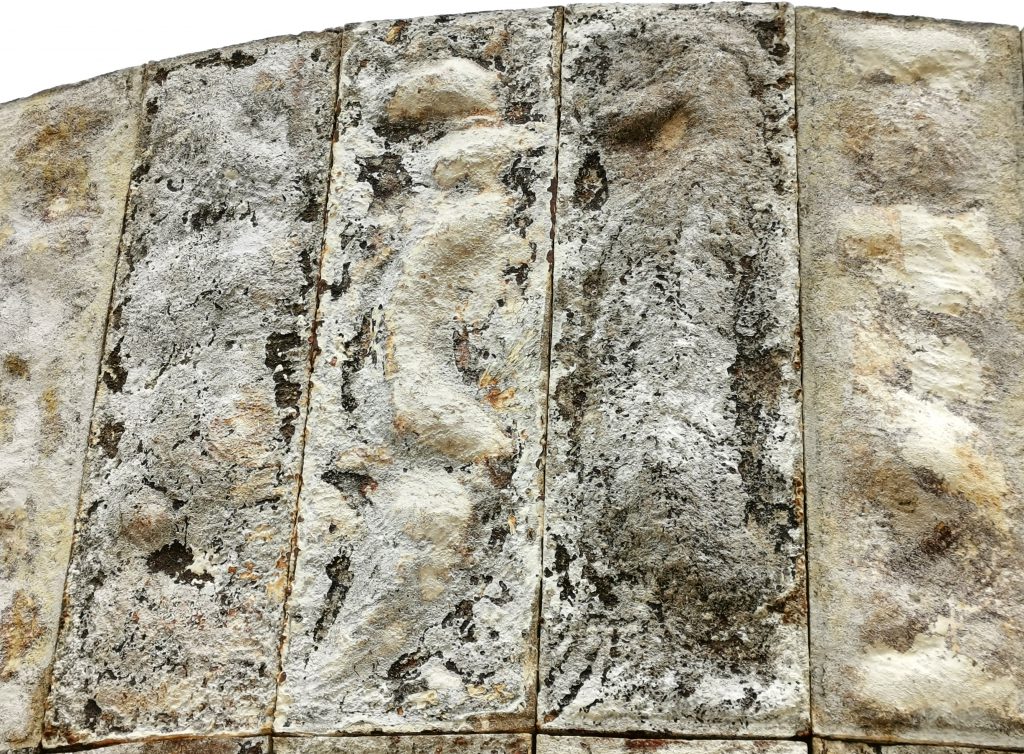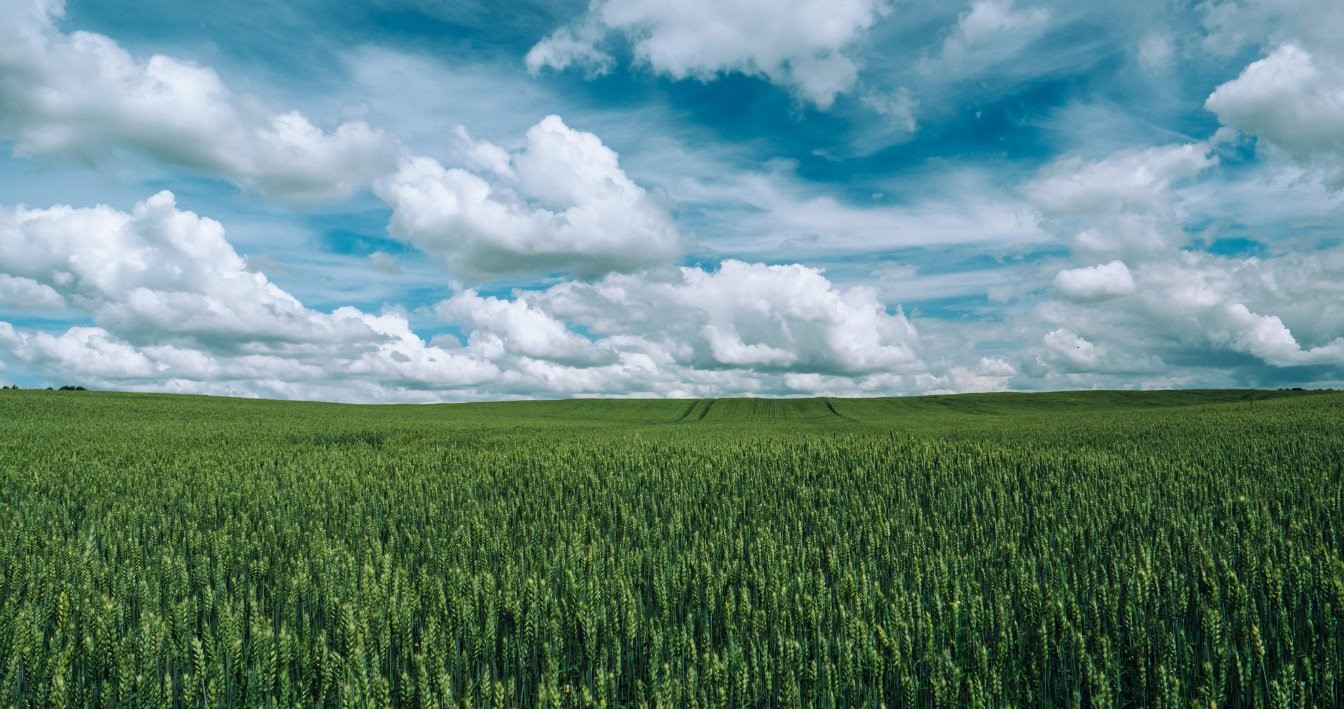We are all on the eve of a transition to a world in which we want and must be less dependent on fossil resources. These are still needed for the production of all kinds of utensils, bulk and building materials, energy, food and medicines. In the transition to this world, we strive for an economy that runs on biomass as a raw material. The so-called biobased economy. After all, biobased is the green motor of the circular economy. This is very important to reduce the carbon footprint, which has a positive impact on climate change.
In the Biobased Delta, governments from Zeeland, Noord-Brabant and Zuid-Holland have been working for several years together with SMEs, multinationals and various knowledge institutions on the acceleration towards a biobased economy. Our Southwest Netherlands region is rich in agri-food, horticulture and chemical companies. Companies can tap into new markets by innovating their traditional products and methods. By joining forces, the growth and appeal of the biobased economy can be enhanced. Smart minds will also be needed in the future for this transition to a new economy. The Netherlands, and therefore also our region, wants to have enough people to start, maintain and renew our knowledge and biobased economy. The way there already starts in primary and secondary education. Activities that include technology at school make children curious and give them a better idea of this important theme. Curiosity and positive experiences are the basis for interest and talent development. Very close by, there is a lot to discover, all with simple raw materials and materials from our immediate vicinity. Everything becomes even more fascinating by letting students research, experiment and design themselves.
Objective
Activate teachers to use the developed material so that they:
- Creating awareness about green growth among pupils PO, VO, VMBO and MBO in the southwest of the Netherlands. As well as with the regional public in our region.
- Inspire students and introduce them to the technical and socio-economic aspects involved in a transition to this new economy.
- Promoting the number of (technically oriented) pupils and students within MBO and HBO in relation to the biobased economy.
Are you interested? Please contact Margot Verwei.
20180101 until 20190630







